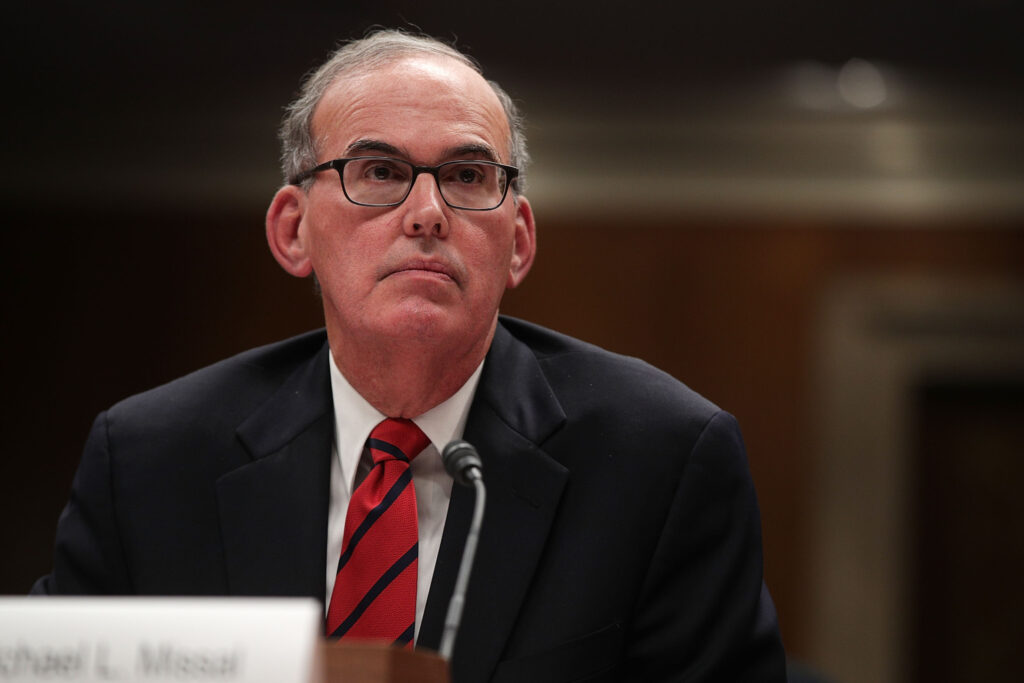In a significant development on Wednesday, eight inspectors general who were terminated by President Trump in late January have filed a lawsuit challenging their dismissal. The legal action adds to an already substantial list of legal challenges facing the president at the beginning of his new term.
The controversy began when the White House quietly removed approximately 17 inspectors general last month in what was characterized as a Friday night purge. The administration provided no public announcement or explanation for the terminations, prompting bipartisan concern over potential violations of federal regulations requiring advance congressional notification.
The lawsuit specifically references federal laws mandating that presidents provide Congress with 30-day advance notice and specific justification for inspector general terminations. These requirements were strengthened by Congress three years ago in response to Trump’s actions against inspectors general during his first term.
The plaintiffs include inspectors general from several major federal departments: Agriculture, Defense, Education, Labor, State, Veterans Affairs, Health and Human Services, and the Small Business Administration. The lawsuit names both Trump and the respective agency heads as defendants. The legal team representing the plaintiffs includes prominent attorneys David Ogden and Seth Waxman, who served as deputy attorney general under Barack Obama and U.S. solicitor general under Bill Clinton, respectively. The case has been filed in the U.S. District Court for the District of Columbia.
Michael Missal, the former inspector general for Veterans Affairs and one of the plaintiffs, emphasized that their goal is reinstatement to continue their work combating fraud, waste, and abuse on behalf of the American public.
According to the lawsuit, the terminated inspectors general were immediately cut off from their email accounts and computer systems, and denied access to their workplaces. The legal filing argues these actions illegally interfered with their official duties and maintains that due to the allegedly illegal nature of their terminations, they remain the rightfully appointed inspectors general of their respective agencies.
The January 24 dismissals were carried out via email by Sergio Gor, the director of presidential personnel, with none of the affected inspectors general receiving direct communication from Trump. The move drew widespread criticism from Democrats and concern from some Republicans, including Senator Chuck Grassley, who chairs the Senate Judiciary Committee and has long advocated for independent inspectors general.
Inspectors general serve as crucial watchdogs within federal agencies, ensuring compliance with laws and preventing misuse of authority and taxpayer funds. They possess investigative powers and can conduct internal probes at congressional request.
The removals are part of a broader pattern of Trump targeting federal oversight officials and law enforcement personnel. Recently, he removed David Huitema, the director of the Office of Government Ethics, who had been confirmed by the Senate in November for a five-year term. His Justice Department has also dismissed lawyers who worked on special counsel Jack Smith’s prosecutions of the president.
Trump has consistently criticized inspectors general, questioning their loyalty even when he had appointed them himself. A notable example was his April 2020 firing of intelligence community Inspector General Michael Atkinson, his own appointee, who had informed Congress about the whistleblower complaint regarding Trump’s phone call with Ukrainian President Volodymyr Zelensky – the incident that led to Trump’s first impeachment.
While other presidents have dismissed inspectors general in the past, such widespread removals have been rare since the executive branch’s watchdog system was established in 1978. A historical parallel exists with Republican President Ronald Reagan, who dismissed all existing inspectors general upon taking office in 1981, though he later rehired approximately half of them following intense criticism.


